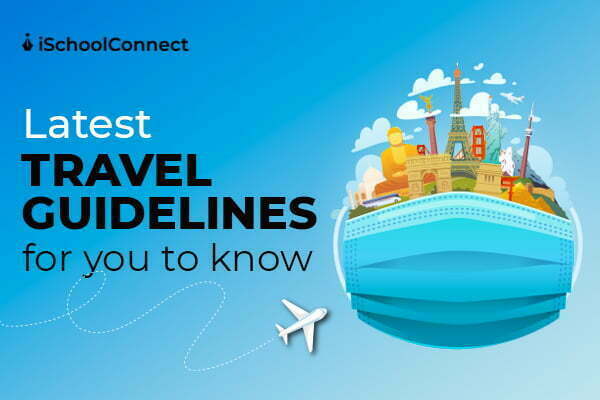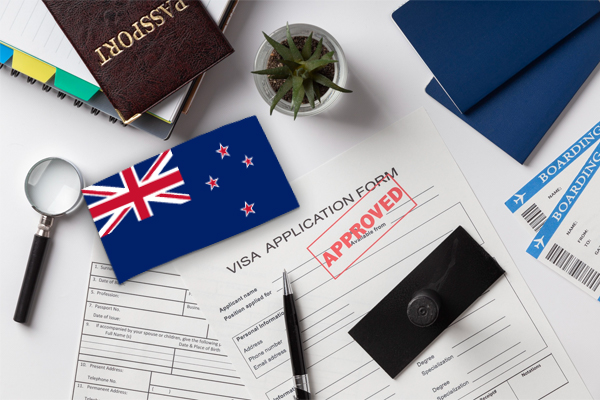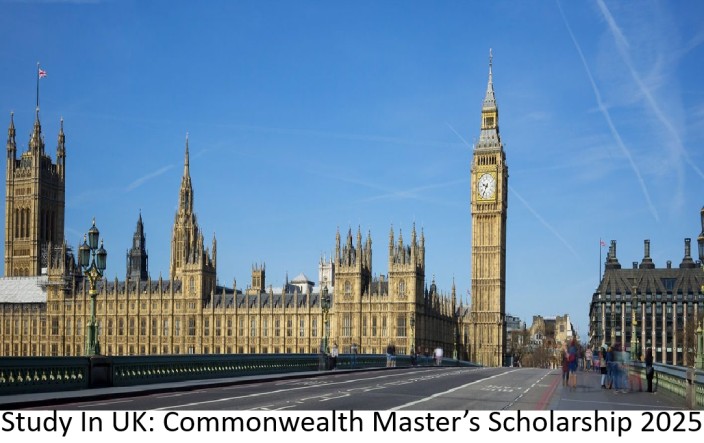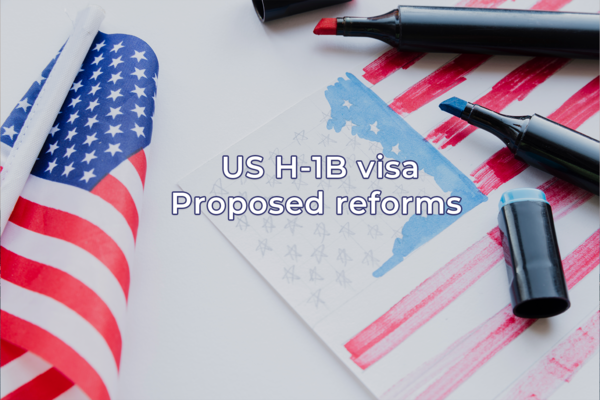Table of Contents
Border restrictions and new travel guidelines have been impacting international students all across the world for 2 years now. And thanks to the quickly changing environment, these measures are changing by the hour. This leaves students unsure of what this means for their study abroad plans.
Given the situation, it’s wise to consider your options and learn about the latest travel updates. Hence, we have listed all the travel updates in major countries preferred for higher education.
The USA
The United States recently detected its first incident of the modified Omicron virus in California. The patient had only recently returned from South Africa and was completely vaccinated. With these events coming into light, the US air travel guidelines have now changed.
Officials in the US have issued an order requiring airlines to reveal information about travelers from eight southern African countries within 24 hours of their arrival. Additionally, the US has barred non-citizens traveling from these eight countries from entering the US.
The countries on this list are-
- South Africa
- Botswana
- Zimbabwe
- Namibia
- Lesotho
- Eswatini
- Mozambique
- Malawi
The Centers for Disease Control and Prevention in the US is also enforcing a new rule. All air travelers entering the nation must provide proof of a negative COVID-19 test within one day of departure. Even if the results are negative, they may require travelers to self-quarantine for 7 days. Additionally, travelers must currently submit a negative COVID-19 test within three days of arriving in the country.
It’s also mandatory for travelers to wear a mask while in public until mid of March. It is possible that strict restrictions will come into picture if the situation worsens in the coming days.
Note: Anyone traveling to the US via flight, two years old or above (US citizen and Permanent resident), is required to show proof of a negative report for COVID-19 tests (regardless of their vaccine status). The reports shouldn’t be older than a day before departure.
The UK

Following the discovery of signs of the new Omicron strain in the nation, the UK has placed ten African countries on its “red-list.” Unless they are British or Irish nationals or residents, no one from these nations is allowed to enter the UK.
The countries include-
- South Africa
- Angola
- Malawi
- Botswana
- Lesotho
- Namibia
- Mozambique
- Zambia and Zimbabwe
- Eswatini
Every international visitor, (even those vaccinated) has to take a complete COVID-19 test. It’s necessary to do this within 48 hours of arriving in the UK and to remain in quarantine until the report is negative.

These safeguards are necessary since authorities have linked the Omicron variation to 32 instances in the United Kingdom. According to them, it’s “extremely likely” that this number will rise more in the coming days. This comes after government scientists warned that the Omicron type could be the source of the UK’s largest COVID-19 outbreak yet.
Germany
Like many other countries, Germany has also halted flights from a list of southern African countries. This follows the country’s recent confirmation of Omicron variant cases. Currently, any visitor entering the country must be completely vaccinated at least 14 days before their departure date. Additionally, they must provide a negative COVID-19 test result from one point of departure.
As of now, they have introduced no additional measures affecting overseas students entering the country. However, the German government has urged for tighter restrictions to keep the Omicron variant at bay.
Australia
The reopening of Australia’s borders to all foreigners has been postponed until December 15, two weeks later than was intended. This has outraged international students, since many are will still be unable to return to their studies after being barred from the country for months.
Apart from Australian nationals, only proper visa holders who are vaccinated can enter the country. They too need to be quarantined for 14 days after arrival. Moreover, all flights to and from African countries are halted until further notice.
New Zealand
New Zealand has among the world’s strictest border regulations. After the first strains of the COVID-19 virus were discovered in 2020, they prevented all international travelers from entering the country.
However, the New Zealand government has indicated that their decision is to gradually lift the ban. They will allow fully vaccinated and asymptomatic travelers to enter the country.
In January, New Zealand’s borders will open to Australian citizens and residents for the first time. Citizens and foreign travelers from the rest of the globe can enter the country gradually beginning in February.
In response to Omicron’s fears, a New Zealand response minister stated that the new strain would “probably” make its way into the country. He has reassured citizens, however, that the country is ready for such a scenario.
What’s next?
Some updates if you want to travel within India are-
- The Central government has lifted restrictions on inter-state travel guidelines by air, rail, water, and road.
- An RT-PCR negative report or a RAT test is not required to enter a state if an asymptomatic individual has received both doses of the COVID-19 vaccine.
Hopefully, this information gives you more perspective to make an informed decision with regards study overseas or outside your home state.
This is all the travel guidelines we have, for now. We hope you found this blog informative and will travel safely!
If you have any more doubts about travel guidelines, you can get in touch with us. Or you can also comment below and share your thoughts!






